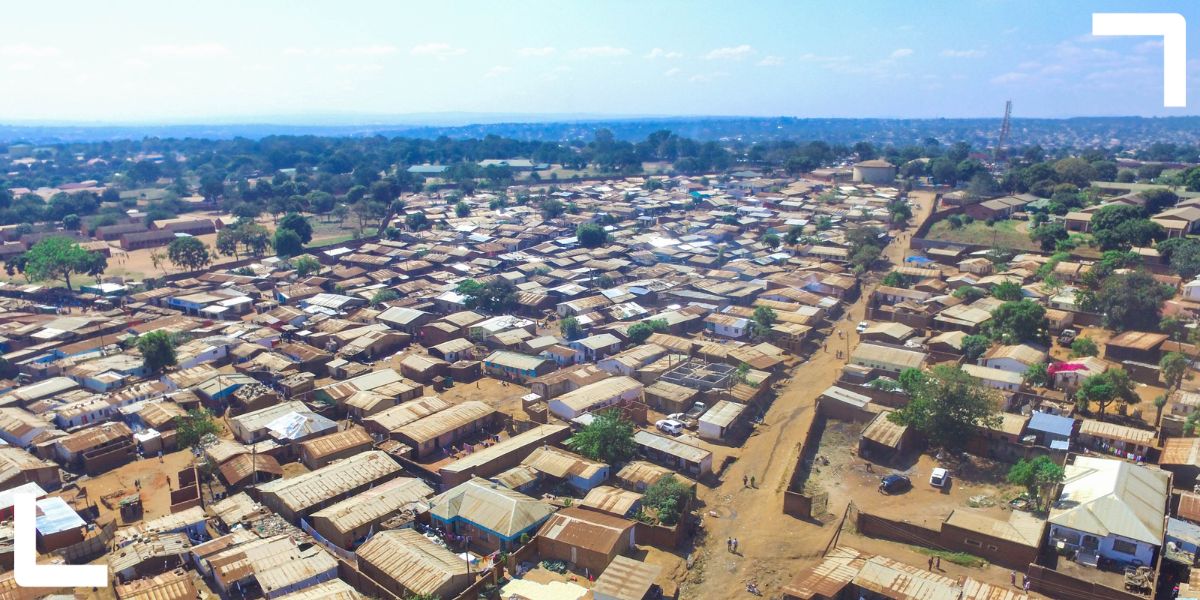ACRC has published new research into the challenges facing informal settlement residents in seven African cities: Accra, Ghana; Dar es Salaam, Tanzania; Freetown, Sierra Leone; Harare, Zimbabwe; Kampala, Uganda; Lilongwe, Malawi; and Mogadishu, Somalia.
Informal settlements are home to over half of Africa’s urban population and have emerged as an important site for urban reform across the continent.
Although there are some shared experiences across informal settlements in African cities – such as insecure tenure and limited access to basic services – there are marked differences too. Context is therefore crucial when it comes to understanding the lived realities of residents. Insights into the political dynamics and systems underpinning informal settlements are similarly critical to developing effective and inclusive interventions to address challenges faced by residents.
In this paper, Smith Ouma, Daniela Cocco Beltrame, Diana Mitlin and Beth Chitekwe-Biti highlight key findings from ACRC’s domain studies in seven African cities, seeking to expand knowledge around (often contested) efforts to improve living conditions in informal settlements.
While commonalities are identified across the seven focus cities, our research avoids problematic generalisations and attempts to engage with how informality is experienced in specific contexts. City researchers’ engagements with low-income communities, government officials and other stakeholders within cities were central to informing the city studies.
Conducted in collaboration with city-based domain teams and researchers, these help to illuminate how underlying forms of power and politics shape systems of governance – casting light on informal settlements as loci of power, at the same time as being highly influenced by power dynamics at the city and national levels.
Key findings
- The category of land on which informal settlements are located matters to development opportunities and outcomes.
- We identify four settlement typologies: informal settlements on traditional/peri-urban land; formal settlements that have outgrown their intended capacity; settlements on land that has been irregularly occupied; and state-established “temporary” settlements, without formal status.
- Governance in informal settlements is multilayered, with various actors exercising power through either competing or collaborative practices.
- Political neglect exists where elites and decisionmakers do not feel incentivised to take action to address systems failures.
- Extensive policy and programming efforts to support upgrading and regularisation exist already – with positive outcomes in at least some neighbourhoods.
Findings from the domain research highlight informal settlements as a key frontier for addressing vulnerability and inequality in African cities. The studies reveal a shift in how problems in informal settlements are understood – and how interventions to tackle them are formulated – with residents being recognised for their critical role within programme design, advocacy and implementation.
Header photo credit: CCODE Malawi. Aerial view over an informal settlement in Lilongwe, Malawi.
The African Cities blog is licensed under Creative Commons Attribution-NonCommercial-NoDerivatives 4.0 International (CC BY-NC-ND 4.0), which means you are welcome to repost this content as long as you provide full credit and a link to this original post.


